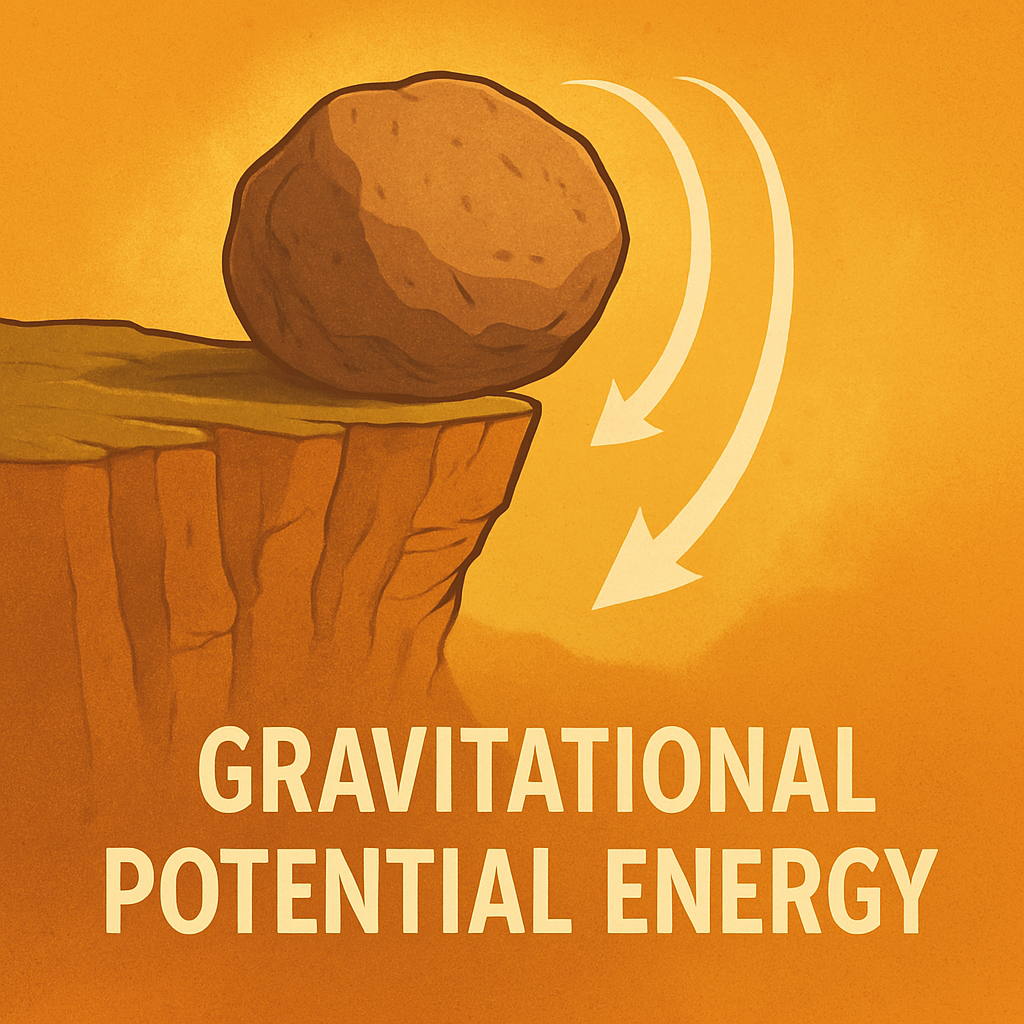Potential
Definition
The term "potential" describes the capacity or ability to develop, achieve, or become something in the future.
Parts of Speech
- Noun
- Adjective
Pronunciation
American English
- IPA Pronunciation: /pəˈtɛn.ʃəl/
- Respelling: puh-TEN-shul
British English
- IPA Pronunciation: /pəˈtɛn.ʃəl/
- Respelling: puh-TEN-shul
Etymology
The word "potential" originates from the Latin "potentialis," meaning "powerful," derived from "potentia" (power or capacity) and "potens" (being able). It entered Middle English through Old French "potentiel."
Derivatives
- Potentially (adverb)
- Potency (noun)
- Potent (adjective)
- Impotential (adjective)
- Potentiate (verb)
Synonyms
- Capability
- Possibility
- Promise
Antonyms
- Impossibility
- Inability
- None
Usage
The term "potential" is widely used to indicate latent ability or capacity. For example, "The new employee has great potential for leadership" or "The experiment has the potential to revolutionize energy production."
Related Terms
- Possibility: The condition or fact of being possible.
- Capability: The power or ability to do something.
- Latent: Existing but not yet developed or manifest.
Detailed Definitions
Noun
- The inherent ability or capacity for growth or success: Refers to something that could develop or happen in the future.
- Example: "She has the potential to become an excellent musician."
- Physics: Stored energy that can be converted into work: Refers to energy possessed by a body due to its position or configuration.
- Example: "The rock at the edge of the cliff has gravitational potential energy."
Adjective
- Capable of becoming or being: Refers to something that may occur or be developed in the future.
- Example: "This is a potential solution to the problem."
potential



🇨🇳 Mandarin
- 潜力 (qiánlì) (Potential in terms of latent capabilities)
- IPA Pronunciation: /tɕʰjɛn˨˩˦ li˨˩˦/
- Respelling: chyen-lee
- 可能 (kěnéng) (Potential as in possible)
- IPA Pronunciation: /kʰɤ˨˩˦ nəŋ˧˥/
- Respelling: khe-neng
🇮🇳 Hindi
- संभाव्यता (sambhavita) (Potential as in possible)
- IPA Pronunciation: /səmbʱaːvjaːtaː/
- Respelling: sam-bha-vi-ta
- क्षमता (kshamata) (Potential in terms of latent capabilities)
- IPA Pronunciation: /kʃəmətaː/
- Respelling: ksha-ma-ta
🇪🇸 Spanish
- Potencial (Potential in terms of latent capabilities)
- IPA Pronunciation: /potenˈθjal/
- Respelling: po-ten-thyal
- Posible (Potential as in possible)
- IPA Pronunciation: /poˈsible/
- Respelling: po-si-ble
🇫🇷 French
- Potentiel (Potential in terms of latent capabilities)
- IPA Pronunciation: /pɔtɑ̃sjɛl/
- Respelling: po-tan-syel
- Possible (Potential as in possible)
- IPA Pronunciation: /pɔsibl/
- Respelling: po-si-ble
🇸🇦 Modern Standard Arabic
- الإمكانية (al-ʾimkāniyyah) (Potential as in possible)
- IPA Pronunciation: /alʔimkaːnij.ja/
- Respelling: al-im-ka-niyya
- القدرة (al-qudrah) (Potential in terms of latent capabilities)
- IPA Pronunciation: /alqʊdˤræh/
- Respelling: al-qu-drah
🇧🇩 Bengali
- সম্ভাব্যতা (sambhab'yata) (Potential as in possible)
- IPA Pronunciation: /ʃombʰabjota/
- Respelling: shom-bhab-yo-ta
- ক্ষমতা (kshamata) (Potential in terms of latent capabilities)
- IPA Pronunciation: /kʃomota/
- Respelling: ksho-mo-ta
🇷🇺 Russian
- Потенциал (potentsial) (Potential in terms of latent capabilities)
- IPA Pronunciation: /pətʲɪnˈt͡sɨəl/
- Respelling: po-ten-tsial
- Возможный (vozmozhnyy) (Potential as in possible)
- IPA Pronunciation: /vɐˈʐmoʂnɨj/
- Respelling: vozh-mozh-niy
🇵🇹 Portuguese
- Potencial (Potential in terms of latent capabilities)
- IPA Pronunciation: /putẽˈsjal/
- Respelling: pu-ten-syal
- Possível (Potential as in possible)
- IPA Pronunciation: /poˈsivɛl/
- Respelling: po-si-vel
🇮🇩 Indonesian
- Potensi (Potential in terms of latent capabilities)
- IPA Pronunciation: /poˈtɛnsi/
- Respelling: po-ten-si
- Mungkin (Potential as in possible)
- IPA Pronunciation: /muŋkin/
- Respelling: mung-kin
🇩🇪 German
- Potenzial (Potential in terms of latent capabilities)
- IPA Pronunciation: /poˈtsɛntsi̯aːl/
- Respelling: po-ten-tsial
- Möglich (Potential as in possible)
- IPA Pronunciation: /ˈmøːklɪç/
- Respelling: moe-klich
🇯🇵 Japanese
- 可能性 (kanōsei) (Potential as in possible)
- IPA Pronunciation: /ka.noː.seː/
- Respelling: ka-no-se
- ポテンシャル (potensharu) (Potential in terms of latent capabilities)
- IPA Pronunciation: /po.ten.ʃa.ru/
- Respelling: po-ten-sha-ru
🇻🇳 Vietnamese
- Tiềm năng (Potential in terms of latent capabilities)
- IPA Pronunciation: /tʲiəm˨˩ naːŋ˧/
- Respelling: tyem nang
- Có thể (Potential as in possible)
- IPA Pronunciation: /kɔ˧ˀ˥ the˧ˀ˥/
- Respelling: kaw the
🇰🇷 Korean
- 잠재력 (jamjaelyeok) (Potential in terms of latent capabilities)
- IPA Pronunciation: /t͡ɕam.d͡ʑɛ.ɾjʌk̚/
- Respelling: cham-jae-ryuk
- 가능성 (ganeungseong) (Potential as in possible)
- IPA Pronunciation: /ka̠.nɯŋ.sʰʌŋ/
- Respelling: ga-neung-seong
🇹🇷 Turkish
- Potansiyel (Potential in terms of latent capabilities)
- IPA Pronunciation: /potansijel/
- Respelling: po-tan-si-yel
- Olası (Potential as in possible)
- IPA Pronunciation: /oɫaːsɯ/
- Respelling: o-la-suh
🇵🇰 Urdu
- ممکنہ (mumkinah) (Potential as in possible)
- IPA Pronunciation: /mʊmkinə/
- Respelling: mum-kin-a
- صلاحیت (salāhiyat) (Potential in terms of latent capabilities)
- IPA Pronunciation: /səlaːɦijət̪/
- Respelling: sa-la-hi-yat





